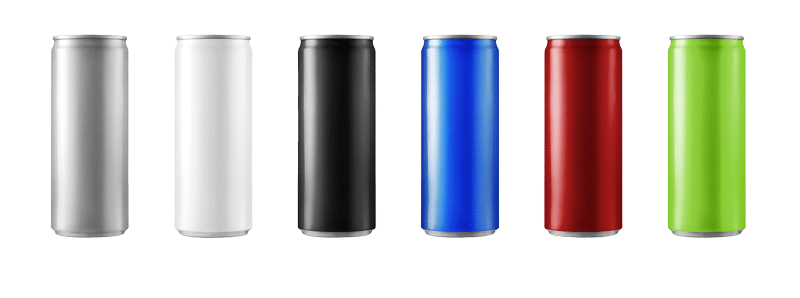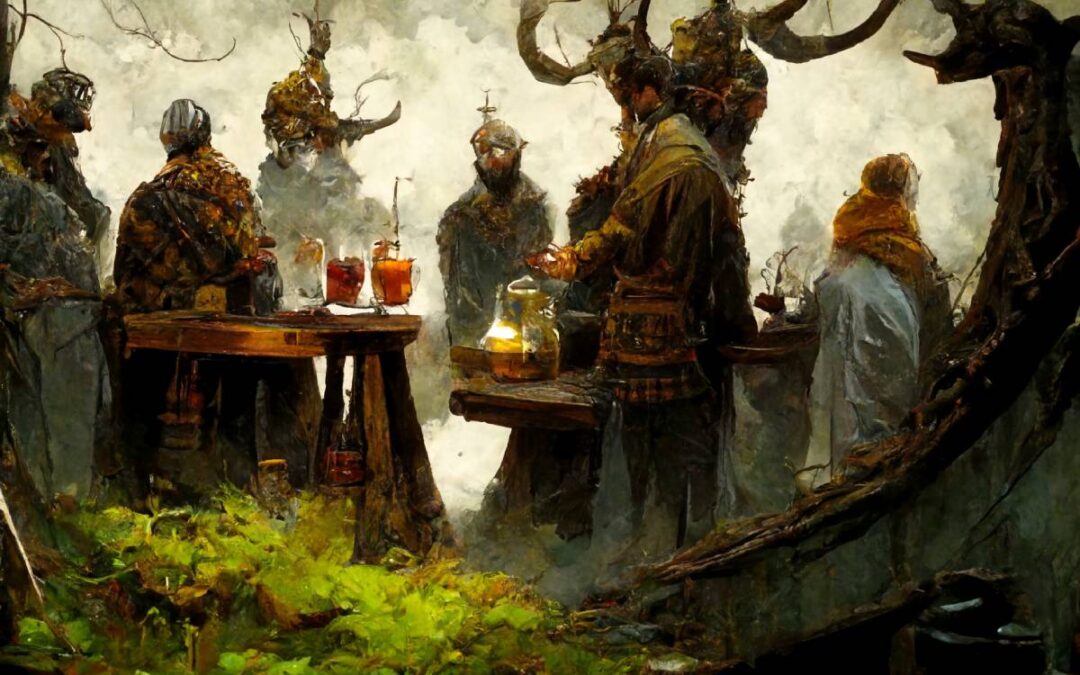In this part of the world it is not uncommon for the word mead to conjure up in the mind images of Nordic folklore. One can imagine burly warriors in a mead-place or mead-hall merry making with a king. Imagery that surely has been reinforced in popular stories of our time.
But truly it is more likely that the history of mead is forever lost in the past. The origin of the word is likely based in Sanskrit ‘madhu’ for sweet drink and honey. References can be found dating to the 7th millennium BCE in ancient China. Alcoholic drinks made from honey were common among the ancients of Scandinavia, Gaul, Teutonic Europe, and Greece and in the Middle Ages, particularly in northern countries where grapevines do not flourish.
For me personally, the history of mead begins in 1669, with perhaps my favorite book published on the subject – “The Closet of the Eminently Learned Sir Kenelme Digbie K Opened”. This ancient cookbook lays out in plain detail what people drank and how they made it (it also gives you tips on how to fatten a chicken). I like it because I do think it gives a little insight into how prevalent from kings and queens to the common folk mead was. Laura Angotti has also done a great job of compiling recipes from the 1700’s forward.
So what happened?
Many theories abound that the world industrialized, forage land for bees disappeared, people sought out cheaper forms of alcohol or more concentrated forms. I suppose the truth is some combination of many of those things. Although it doesn’t sound so different than today. Mass produced cheap food, loss of bee habitat, turn toward consumable drugs. Yet mead is making a resurgence – from 40 meaderies in the US only ten years ago to over 500 today. It is worth remembering that mead never lost out to a more “feature rich” beverage, there wasn’t something of better taste that replaced it, only that cheaper fermentables and more accessible fermentables came along.
Why the resurgence – I suppose that is difficult to know – but I like to think that people recognize the sustainability of the drink, the link to place, to history, to the unique tastes and because the ill defined nature of mead reflects the individuality of the drinker.
What is known for sure is that mead is an ancient drink, perhaps the world’s oldest fermented beverage and represents an endless possibility of flavour combinations.
Let the exploration begin.


